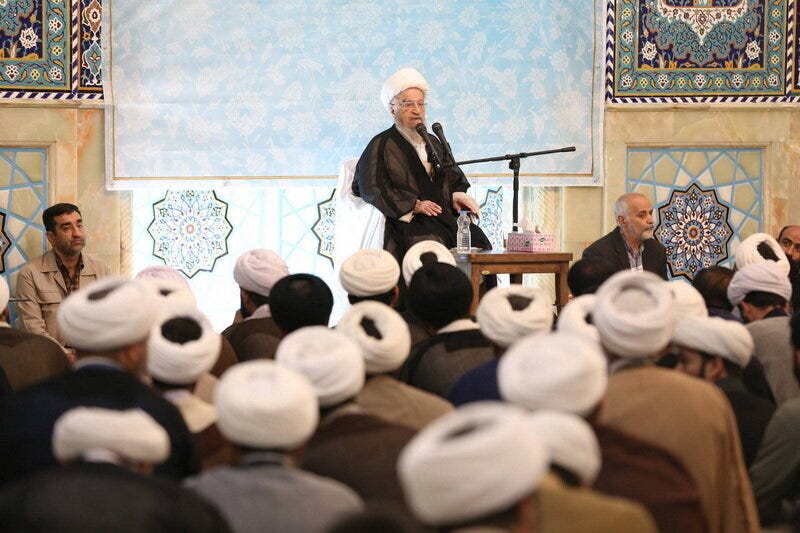The Digital Age and Divine Scholarship: A New Frontier for Islamic Education
A respected religious leader advocates for the integration of artificial intelligence in traditional seminary learning, heralding a potential transformation in religious scholarship.
In an era defined by rapid technological advancement, the call for innovation is echoing in the most traditional of institutions. Grand Ayatollah Nasser Makarem Shirazi, a prominent religious authority, has issued a powerful call to action for Islamic seminaries: to embrace the transformative potential of artificial intelligence. This is not a rejection of tradition, but a forward-thinking vision to enhance and expand the reach of religious education in the 21st century.
The Ayatollah’s message emphasises that the core of religious scholarship—deeply rooted in centuries of tradition—can be fortified and made more accessible through modern technology. He envisions a future where AI is not a replacement for human scholars, but a powerful tool to assist them in their sacred work. This could manifest in various ways, from advanced research and analysis of religious texts to the development of new pedagogical methods that can engage a new generation of students.
The integration of AI into seminary education could unlock new possibilities for understanding and disseminating Islamic teachings. Imagine intelligent systems that can cross-reference vast libraries of religious texts in seconds, identify complex patterns in theological discourse, and provide personalized learning paths for students. This could not only accelerate the learning process but also deepen the understanding of intricate religious concepts.
This call for technological adoption is more than just an endorsement of a new tool; it is a recognition of the changing world we live in. As information becomes increasingly digitised, the methods of education and scholarship must also evolve. By embracing AI, Islamic seminaries can ensure that their timeless wisdom remains relevant and accessible to a global audience. The Ayatollah’s vision is a testament to the idea that faith and technology are not mutually exclusive but can, in fact, work in harmony to illuminate the path of knowledge for generations to come.
Source: ABNA


